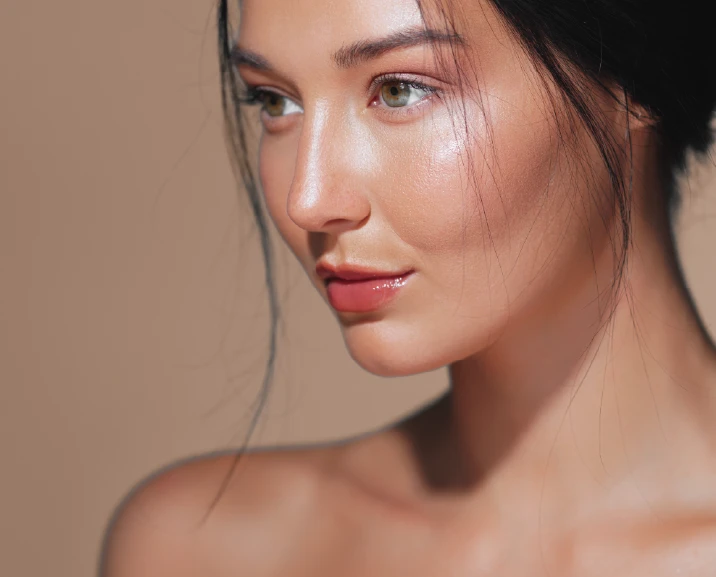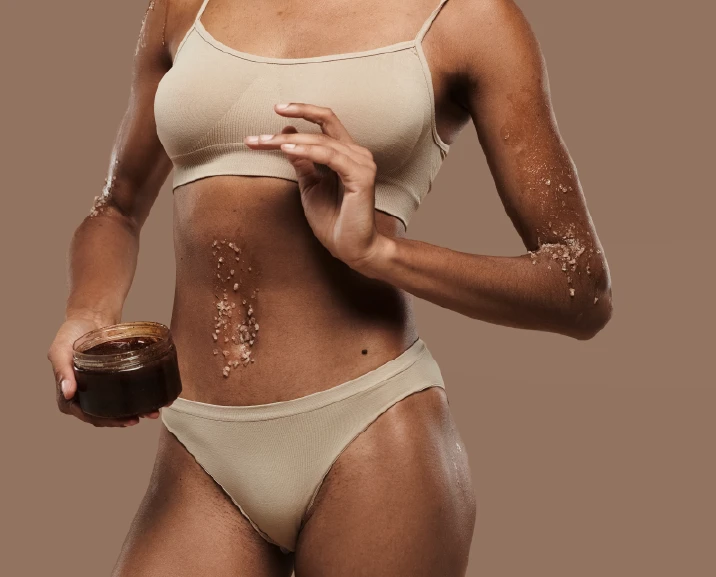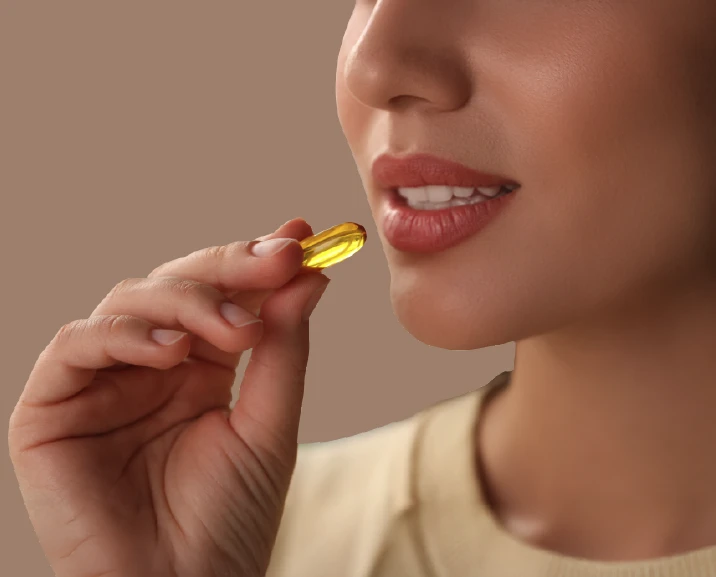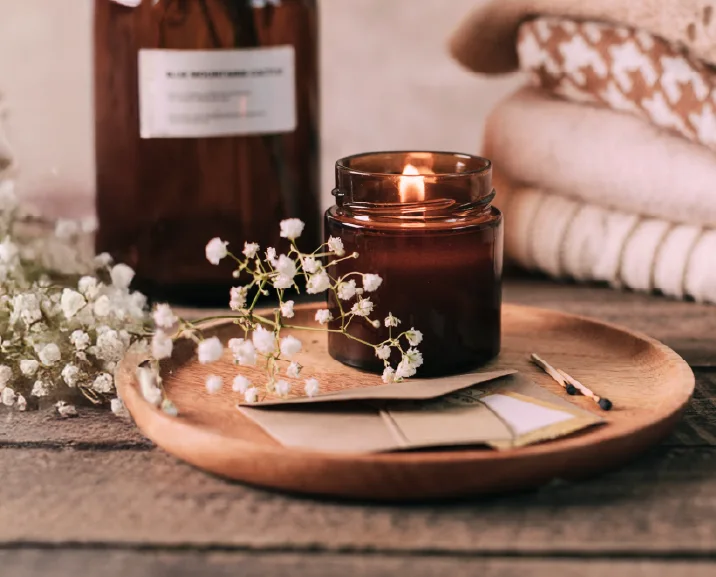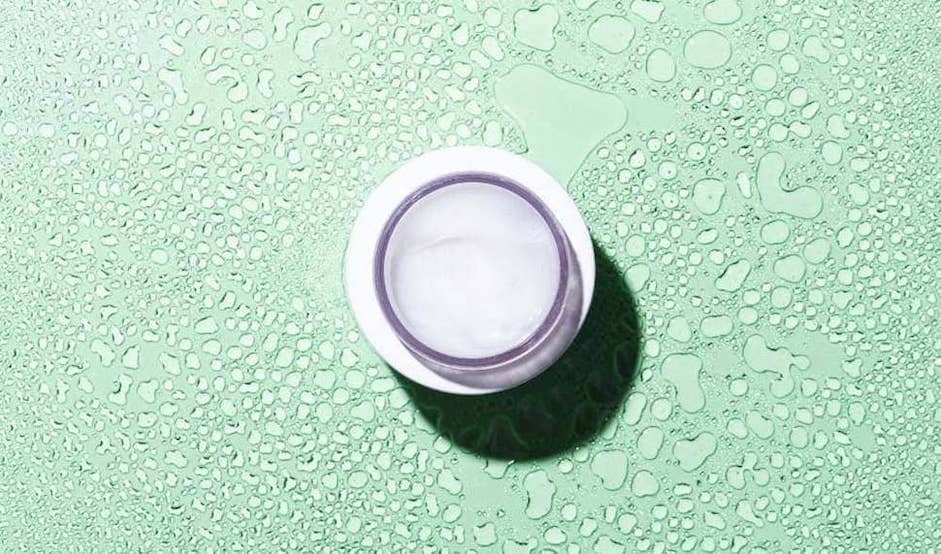
The beauty ABC: sea algae
The basis for the treatment includes remedies using sea algae. Scientists have shown that sea algae is a super ingredient which you can eat and use in cosmetics. There are various types of sea algae: blue, green, brown, red and many more. Their effects on your body don’t differ much, but they have their own features. For instance, brown sea algae – Laminaria - is very effective against cellulite. It regulates the metabolism, stimulates microcirculation and detoxifies. Another type of sea algae is kelp. Kelp is ideal for sensitive skin that is prone to rashes. Kelp also has great antiseptic properties that combat redness and rashes and normalise the function of fat glands. The most popular type of sea algae in cosmetics is spirulina, which is one of the blue sea algaes. Spirulina is universally applicable – it purifies, improves the metabolism and helps rejuvenate the skin.
Generally all sea algae have a similar composition, rich in ingredients, including iodine, vitamins A and B, including vitamin B5, but also panthenol, unsaturated fatty acids, polysaccharide and plant enzymes. Sea algae contain all these ingredients in higher concentrations than plants that grow on land.
So sea algae are a versatile beauty ingredient. They’re ideal for women whose skin has a greasy shine. They purify the pores and combat acne, but also benefit dry skin as they have lubricating properties. Sea algae also accelerate cell division and maintain the skin’s moisture, which is why they’re often used in anti-ageing cosmetics. Masks and creams with kelp smooth and firm skin, supply it with oxygen and stimulate collagen synthesis. As a result, small lines are removed. Sea algae are also used as a basis for sun protection products because they protect the skin against the harmful effects of UV rays.
Scrubs also often contain sea algae: they remove dead skin cells from the skin surface, leaving it looking fresh and relaxed. Sea algae are also often used in wraps, masks and applications to reduce swellings and tone the skin.
As mentioned already, sea algae are essential in anti-cellulite treatments. These beauty procedures improve blood circulation, remove unnecessary subcutaneous fats, combat the dimpled appearance of cellulite, prevent stretch marks, detoxify and heal the body.
Sea algae can also be effectively used in hair care products. In particular brown algae are used for hairloss. They improve the circulation in the scalp and supply the hair with nutrients from the roots to the tips. The shampoos and conditioners are particularly suited to women with a greasy scalp, as the sea algae normalise the water content of the epidermis, which helps keep the hair fresh for longer. The antiseptic properties of sea algae mean that they are also good for treating dandruff.

